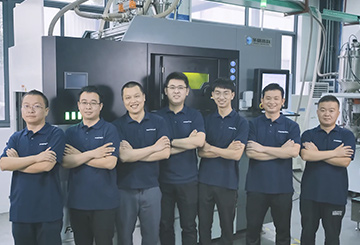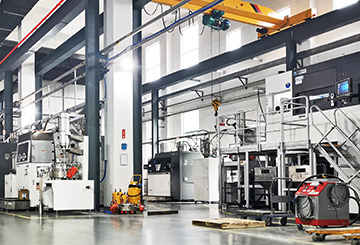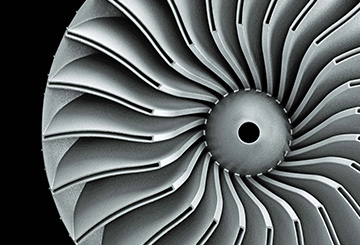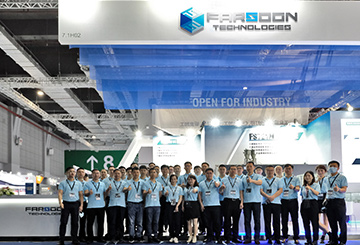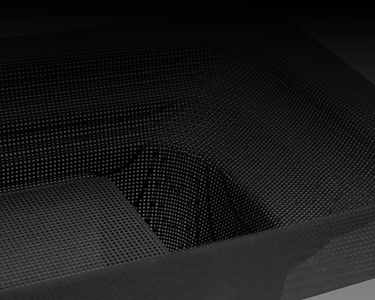Molded fiber pulp is typically made from recycled paper board and newsprint material, and is widely used for packaging of a broad category of products. It gives excellent guarding functions such as compression resistance, shock-absorbing as well as the thermal isolation characteristics during transportation and storage.
Growing environmental awareness has driven the sustainable molded fiber packaging needs in place of expanded polystyrene (EPS), vacuumed formed polyethylene terephthalate (PET), polyvinyl chloride (PVC), corrugation, and foams. According to Future Market Insights report for Molded Fiber Pulp Packaging Market 2021, the global demand of molded fiber pulp packaging is estimated to reach a total volume of 3 million tons, surpassing 7.7 billion USD by 2021 in sales revenue. Also, due to the ongoing pandemic, the demand for molded fiber products sees a continuous growth in consumer products, electronics, and healthcare sectors, with a future overall ten-year CAGR of 5.1%.
Challenges:
The molded pulp production process is made through a cavity mold, dipped with water suspensions in a slurry of raw mixed fibrous materials, then deposited into a screen mold. Next, a vacuum is used to induce a force. Excess water can be removed by exerting pressure on the fiber slurry with a matched mold body towards the designated shape.

Figure 1: A metal fiber mold made by traditional machining process (top left) and the fiber molded pulp part (top right). Image courtesy: ERI Packaging
> Complicated mold-making process: Although the manufacturing of the molded fiber pulp is a fast, economic and fully-automated process, the traditional metal tooling itself remains an expensive, time-consuming and labor-intensive job. The mold technicians need to precisely machine the cavity mold and mold body into the designated shape, and drill holes across the entire mold body tool. The making of the screened mold is difficult as well; it needs to be sectioned and welded to the matching shape by hand in order to form the final molded fiber product at exact same thickness. This manual process requires a high-level of technical experience, therefore, good quality control has remained a bigger challenge when it comes to more complicated designs.
> Cost control: The production of a medium-sized metal mold set takes at least three days to a week by a senior technician, and each set of tooling costs ranges from $10,000-$40,000. This heavy burden of investment will be also be applied to, and multiplied by, design and prototyping iterations. With the rising demand of limited-edition products and customized designs, it’s also difficult to reach the price target with the low-volume manufacturing.
Solution:
With the limitations of traditional manufacturing processes and increasing demands driven by product innovations, the use of laser powder bed fusion 3D printed molded tooling has emerged as a prominent market-expansion strategy. The use of such advanced technology not only helps in reducing the overall cost of manufacturing operations and energy consumption, but also significantly accelerates the procurement timeframe.
ERI Packaging – located in Dongguan City, Guangdong province — is a leading manufacturer specialized in customized molded fiber products. The focus of the project is to find a reliable alternative production tool to reduce the time and labor cost of the conventional tooling especially for production orders with lower-volume quantities. The manufacturing quality also needs to meet the highest standards to expand more niche markets.
From the beginning of 2021, ERI Packaging design team has started the evaluation process of Farsoon Flight® “Fiber Laser” Technology in both R&D and manufacturing phases. A full mold tooling set for electronics packaging was selected as a benchmark, including a mold body, a cavity mold, and a screened mold.
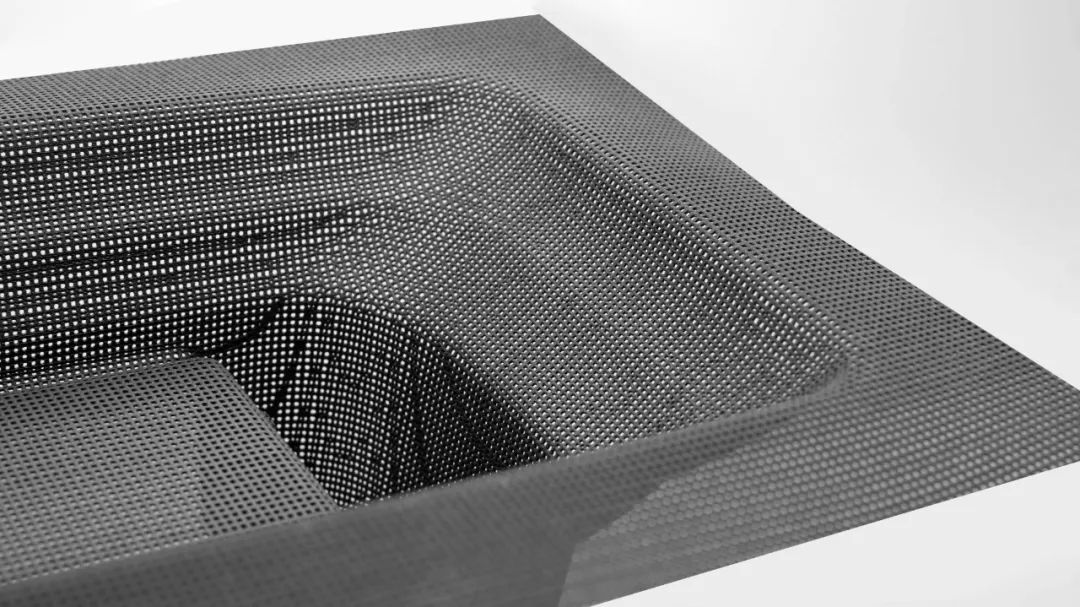
Figure 2: Porous screen module of the molded fiber pulp with fine detailing features, produced by Farsoon Flight® Technology. Image courtesy: ERI Packaging
Thanks to the greatly increased laser power and small laser spot size offered by the robust Fiber laser system, Flight® Technology is able to deliver improved feature detail compared to other plastic powder-based technologies with feature details as small as 0.3mm (0.012 inch). The unified finished surface achieves a high quality while still attaining the part property benefits of standard laser sintering. This not only helps to achieve the increased accuracy of the porous screen module, but also eliminates the need for further post processing of the mold body surface.
Also, taking advantage of the open parameter strategy offered with all Farsoon machines, the ERI design team were offered full access to the key parameters for the best suited processing of each customized application — including fine tuning of the specific offsets between the modules, adjusting the design of hole sizes and porosity, etc.
The combination of the improved detail features, surface quality, and fitting accuracy of the mold set results in the even spreading of the slurry mixture and creates a better, cleaner molded fiber pulp product.
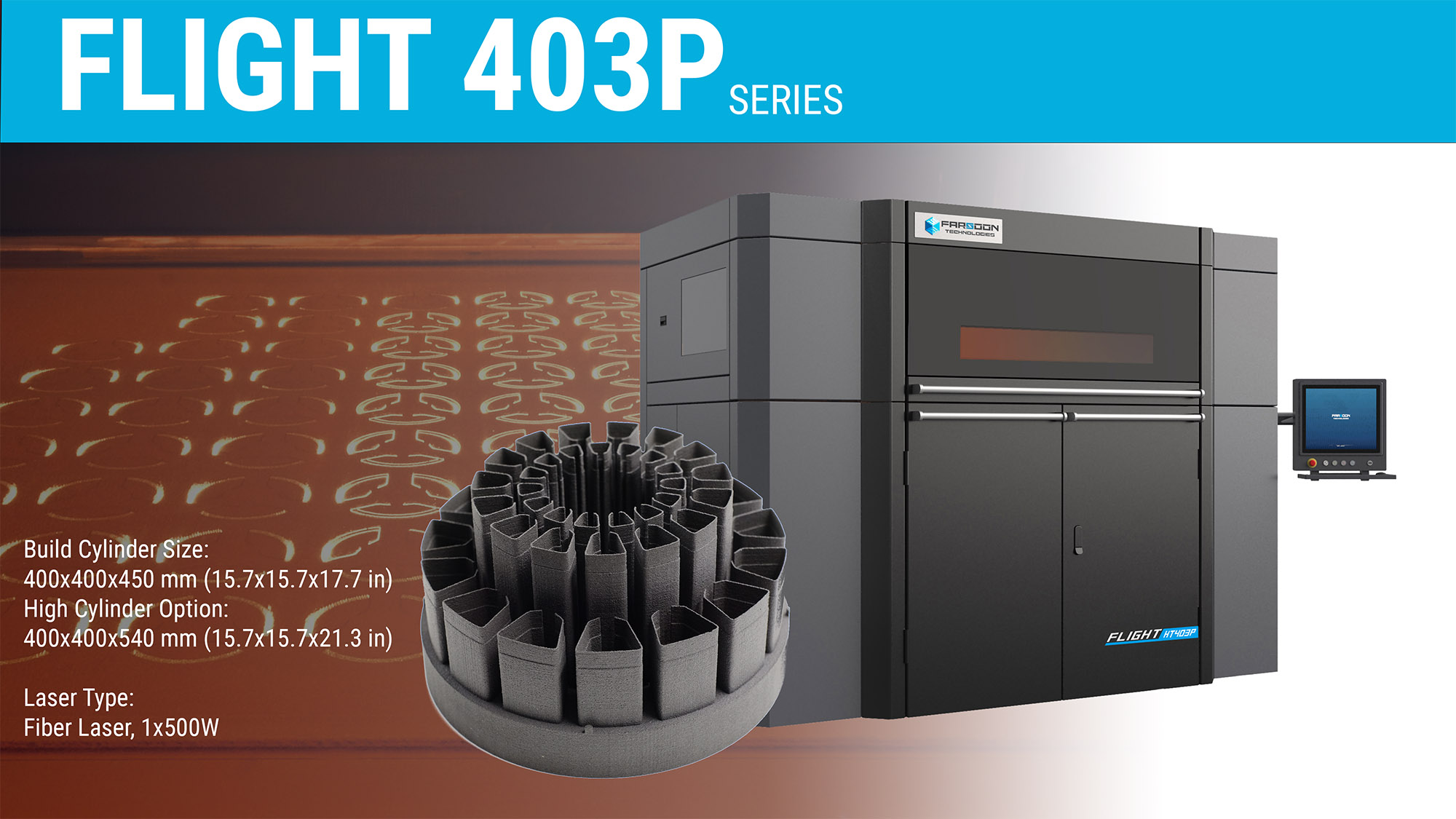
Figure 3: Farsoon Flight® Technology 403P production system. Image courtesy: Farsoon Technologies
Results:
> Faster design iteration:Thanks to the design flexibility brought by 3D printing, ERI design team is able to deliver multiple packaging design solutions with complicated structures and porous detailing, and quickly produce the prototypes all-in-one build on a Flight® HT403P System without the need for additional tools and three separate mold-making processes. Then ERI engineers are able to verify several prototypes on the product and make quick adjustments needed in form, fitting and functionality.
> Improved production yield:According to ERI team, the CNC & mold development for each product usually takes 3-7 days in traditional process; whereas now they can complete the manufacturing of 4 full sets of molds in just 1 day with Farsoon’s ultra-fast Flight® SLS Technology – a significant improvement in production yield of more than 12 times compared to before.
> Best efficiency:Molded fiber tooling by Farsoon Flight® technology is an economic alternative for low volume production. For example, ERI saved 97% overall cost compared to conventional tooling with the mold tooling set for the electronics packaging, including the material, machine time and labor.
> Industrial quality:Manufactured with high-performance Farsoon FS3300PA-F (a PA1212 engineering Material) with laser sintering quality, the molded fiber tooling product offers balanced mechanical properties, offering high toughness and abrasion-resistance to with stand the stress of the fiber molding process.
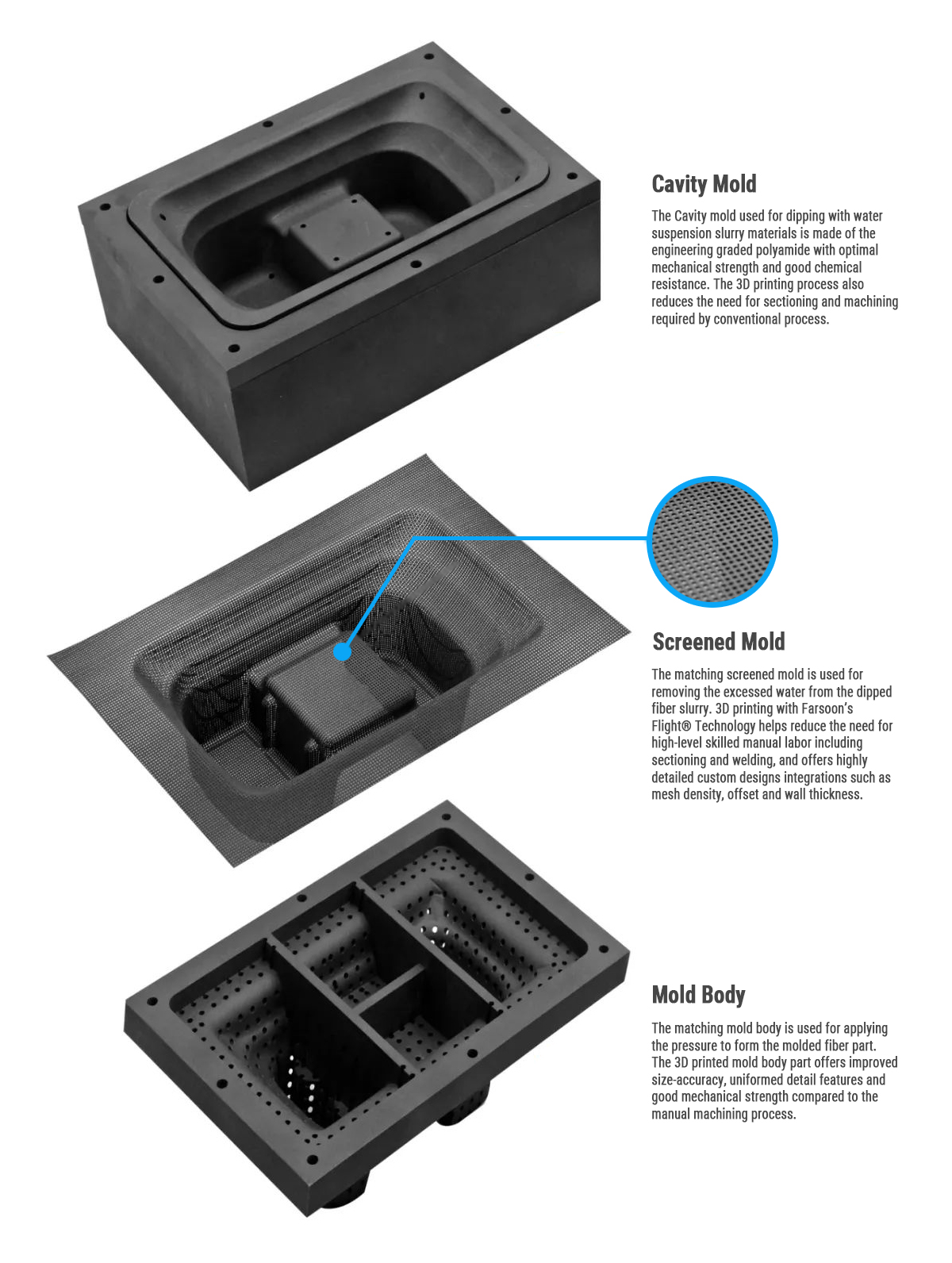
Figure 4: The production-ready fiber mold set produced by Farsoon Flight® Technology. Image courtesy: ERI Packaging
ERI Packaging also sees more benefits in future product innovation with Farsoon Flight® Technology: “Tooling with Laser Sintering technology is a perfect, and easy integration to our current conventional fiber mold manufacturing. We are able to make fast response to customer’s needs with additive manufacturing process, without the long wait and immediate invest of the final metal mold-making. With this perfect production tool at hand, we are looking forward to reach the next level of flexibility, productivity and profitability in fiber molded tooling design and manufacturing.”
About Flight® Technology:
Farsoon’s Flight® Technology or Fiber Light® Technology takes advantage of powerful fiber lasers in place of the standard CO₂ lasers found in standard laser sintering systems. A fiber system is capable of delivering greatly increased power to the powder bed. Due to the more robust and stable nature of a fiber laser system as compared to a CO₂ system, Flight® Technology also provides increased laser longevity which is key when considering ROI for manufacturing applications. In addition, with its increased power and energy absorption characteristics Flight® Technology will be capable of accessing a much different range of process-able materials and operational flexibility as compared to standard laser sintering systems, which allows for increased freedom for future AM material and application development.
About Farsoon:
OPEN FOR INDUSTRY – Farsoon Technologies, founded in 2009, is a global manufacturer and supplier of industrial level polymer and metal laser sintering systems. Farsoon is the leading supplier of industrial AM technology in China with increasing growth in the international market. In 2017, Farsoon released the first of a new series of machines under the revolutionary Continuous Additive Manufacturing Solution (CAMS), and established Farsoon Technologies-Americas in Austin, Texas, USA. In 2018, Farsoon Europe GmbH was established in Stuttgart, Germany to expand direct operations to Europe. Farsoon is committed to developing AM towards its true manufacturing potential and providing customers with best-in-class systems, materials, software, applications and services. Learn more: www.farsoon.com
DOWNLOAD SUCCESS STORY

